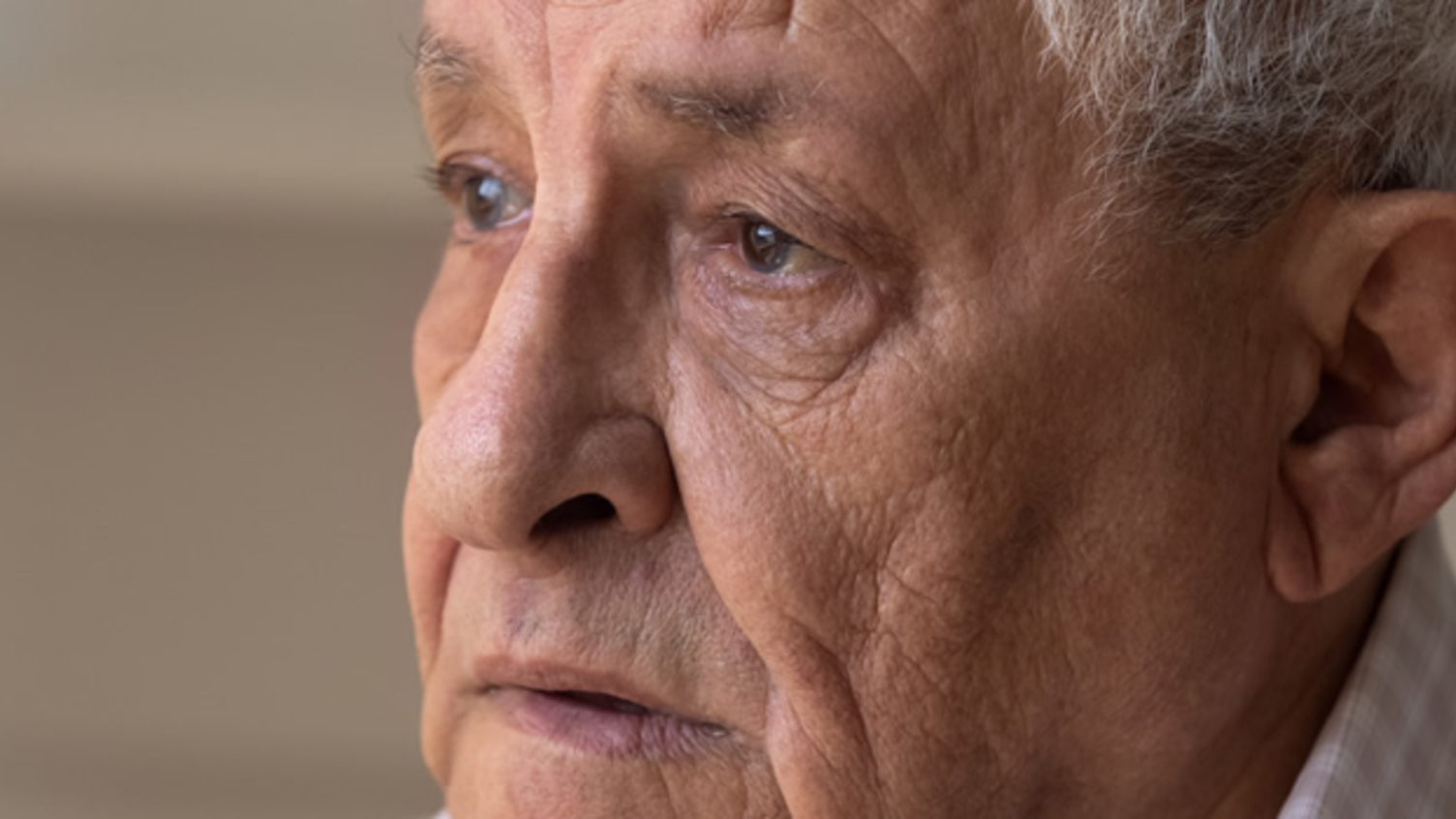Pemphigus and Pemphigoid

About this PSP
The Treatment of Pemphigus and Pemphigoid PSP worked with patients, carers and health professionals to identify and prioritise the unanswered questions about three auto-immune blistering diseases (bullous pemphigoid, pemphigus vulgaris and mucous membrane pemphigoid). Pemphigus and pemphigoid are rare autoimmune blistering diseases of the skin and/or mucous membranes.
The PSP was funded by Nottingham Hospitals Charity and co-ordinated by the Centre of Evidence Based Dermatology.
The Treatment of Pemphigus and Pemphigoid PSP Top 10 was published in May 2023.
PSP website
Articles and publications
Key documents
Top 10 priorities
The most important questions
- How effective, safe and cost-efficient is rituximab (or similar biologics) in BP/PV/MMP compared to standard steroid/immunosuppressant use, when should it be started and should it be a 1st line treatment?
- Are outcomes for patients with BP/MMP/PV better if treatment is started earlier and with 'stronger' treatments, such as an immunosuppressant or biologic, rather than escalating from 'milder' treatments if they do not work?
- How should persistent mouth lesions be best treated in pemphigus and pemphigoid?
- What is the best treatment for preventing and repairing scarring in MMP (medical and surgical)?
- Is it possible to identify drugs that block the specific immune pathways for BP/MMP/PV rather than treat them with broad immunosuppressive drugs?
- What are the risks and benefits of the different tablet and injection treatments used to treat BP/MMP/PV? (such as azathioprine, mycophenolate mofetil, methotrexate, cyclophosphamide, chlorambucil, nicotinamide, dapsone, intravenous immunoglobulin, plasmapheresis)
- What factors predict relapses in BP/MMP/PV, how can the risk of relapse be reduced and how are relapses best treated?
- What is the best/most effective dose to prescribe for steroid tablets in BP/MMP/PV including the starting dose, when and how quickly to reduce the dose, and when to stop?
- Can we predict the response to treatment in BP/MMP/PV and what factors affect this?
- What is the best way to treat skin wounds in BP/MMP/PV including how should blisters/ erosions be best washed and managed and does treatment vary according to body site?
The following questions were also discussed and put in order of priority at the workshop:
- How effective and safe are topical treatments for different parts of the body in BP/MMP/PV, and which are the most effective for each part?
- What is the best management of pain at all stages of disease in BP/MMP/PV, whilst minimising the side effects of treatments for pain?
- What are the risks/side effects and benefits of the different forms of steroid tablets and injections and how can the side-effects be best monitored and managed?
- In patients with BP/MMP/PV, how long does it take to achieve remission, how is it best maintained, how long does it last and what is the likelihood of relapse?
- How long should tablet treatments for BP/MMP/PV be continued before starting to reduce the dose?
- What is the best diet to support patients with BP/MMP/PV? Are there any foods to avoid or take? Do dietary supplements and/or probiotics improve or trigger BP/MMP/PV?
- How can itching be best relieved in BP/MMP/PV?